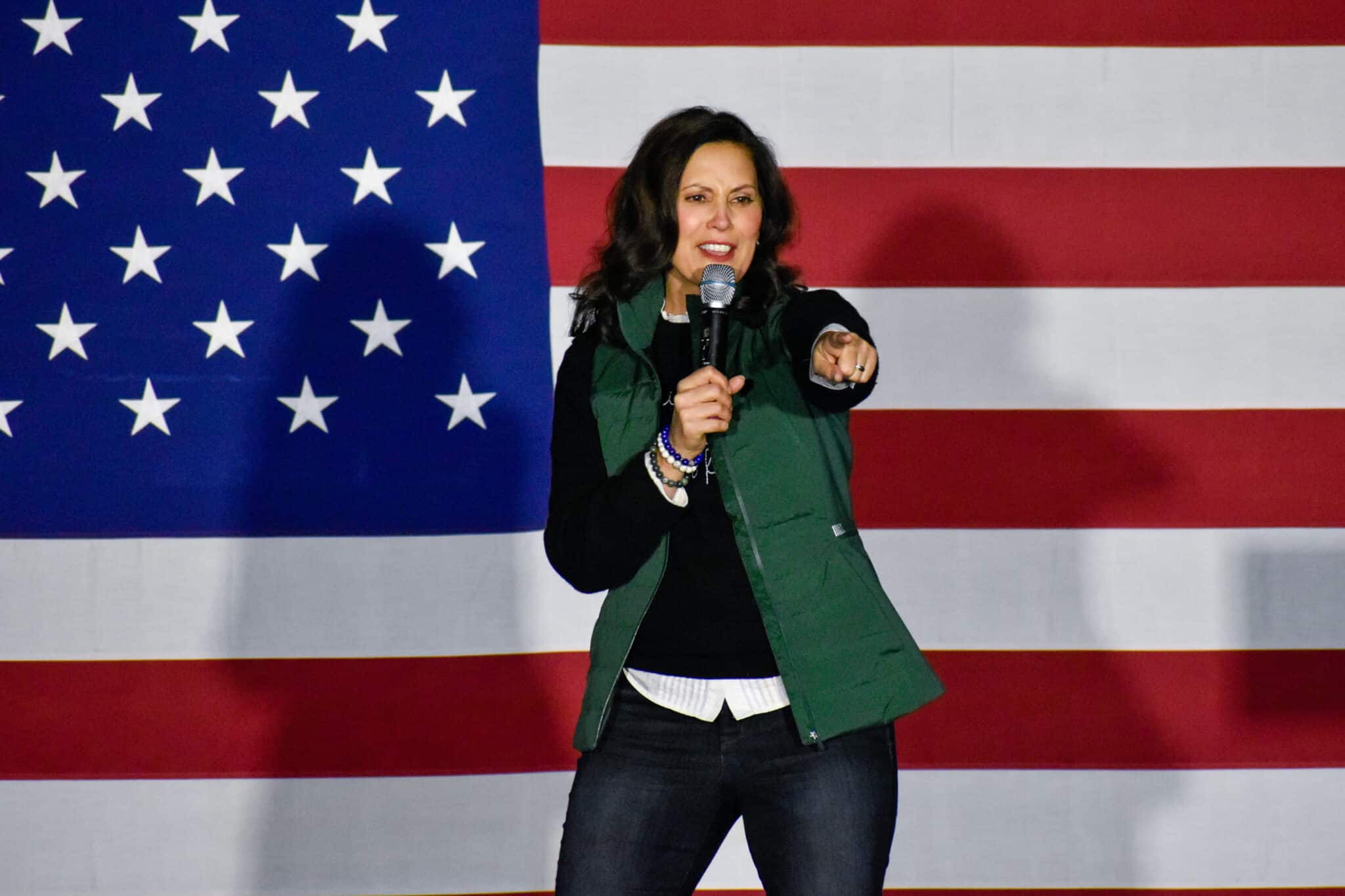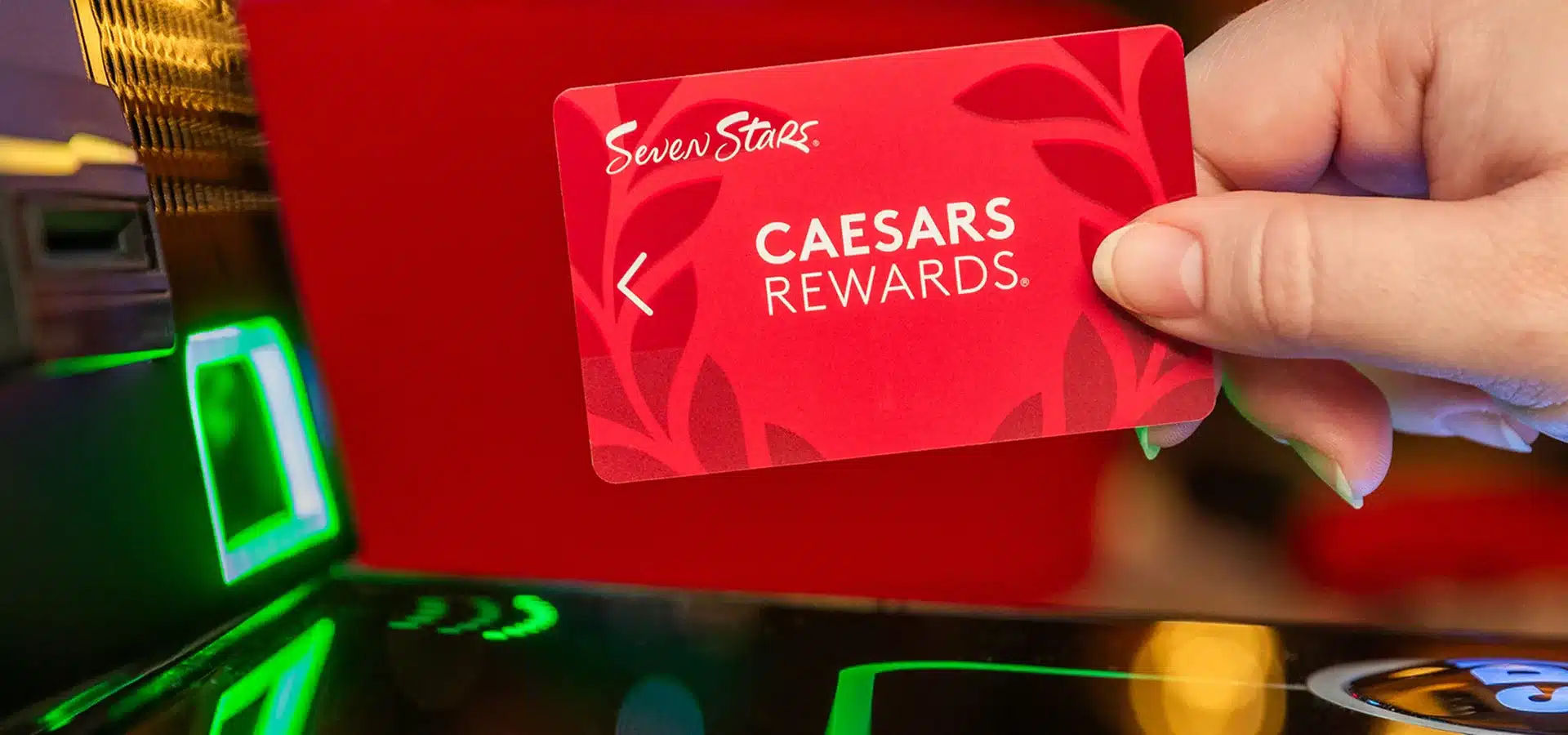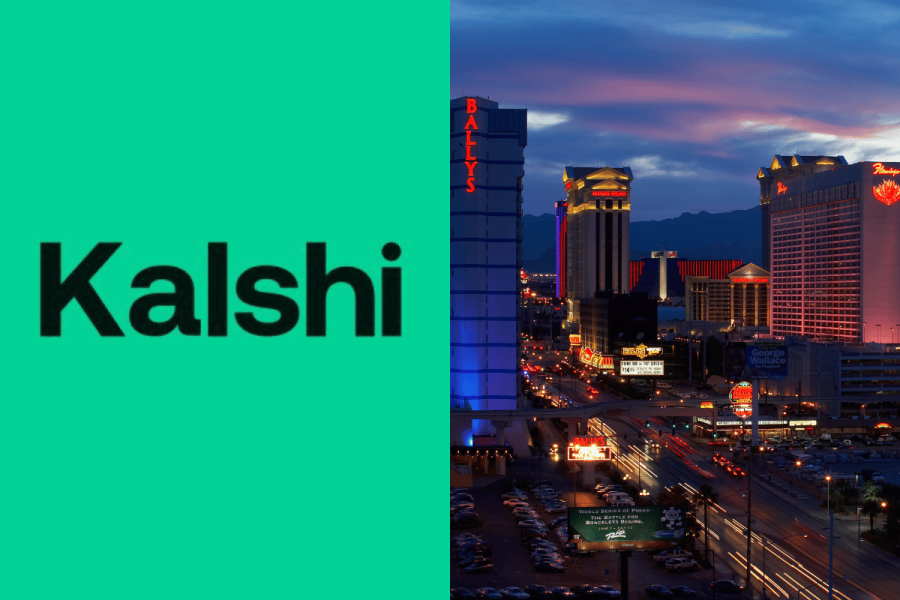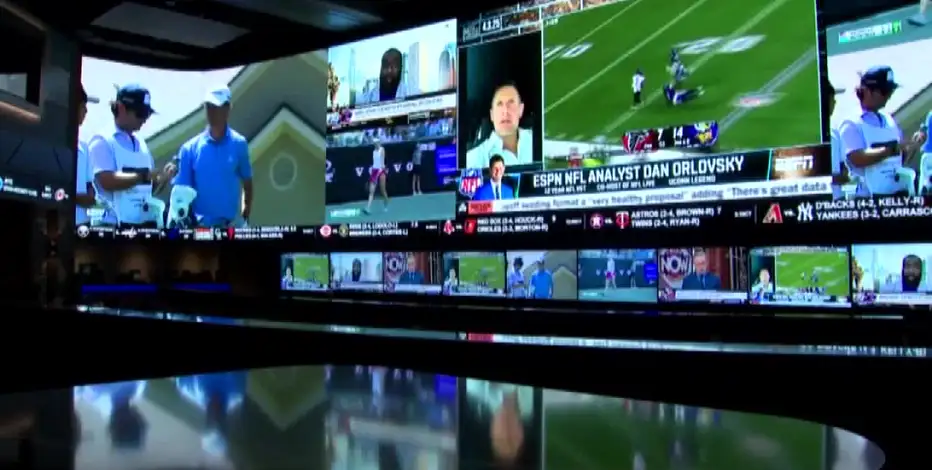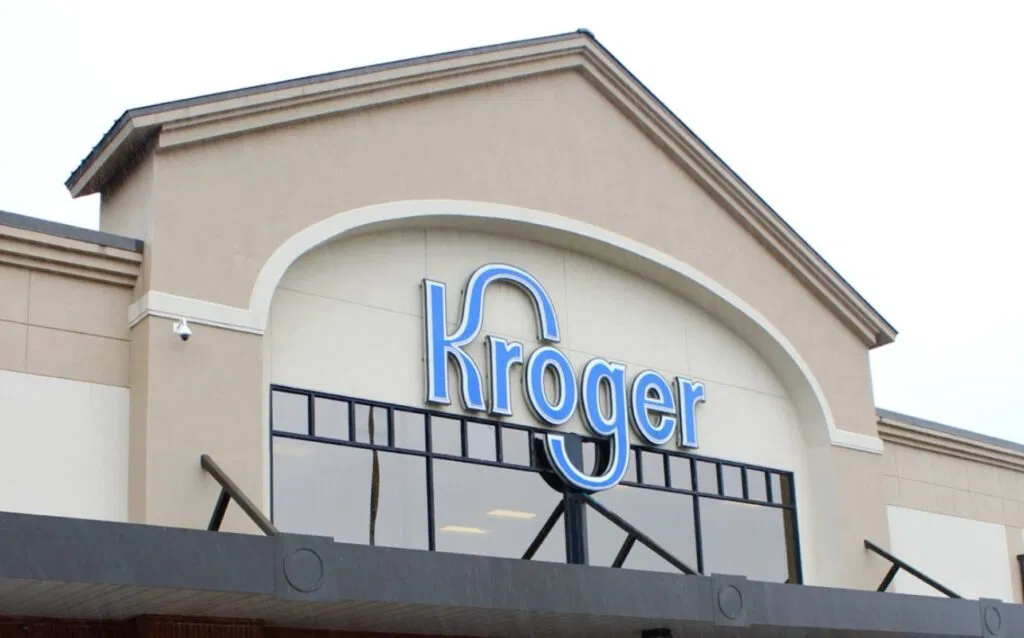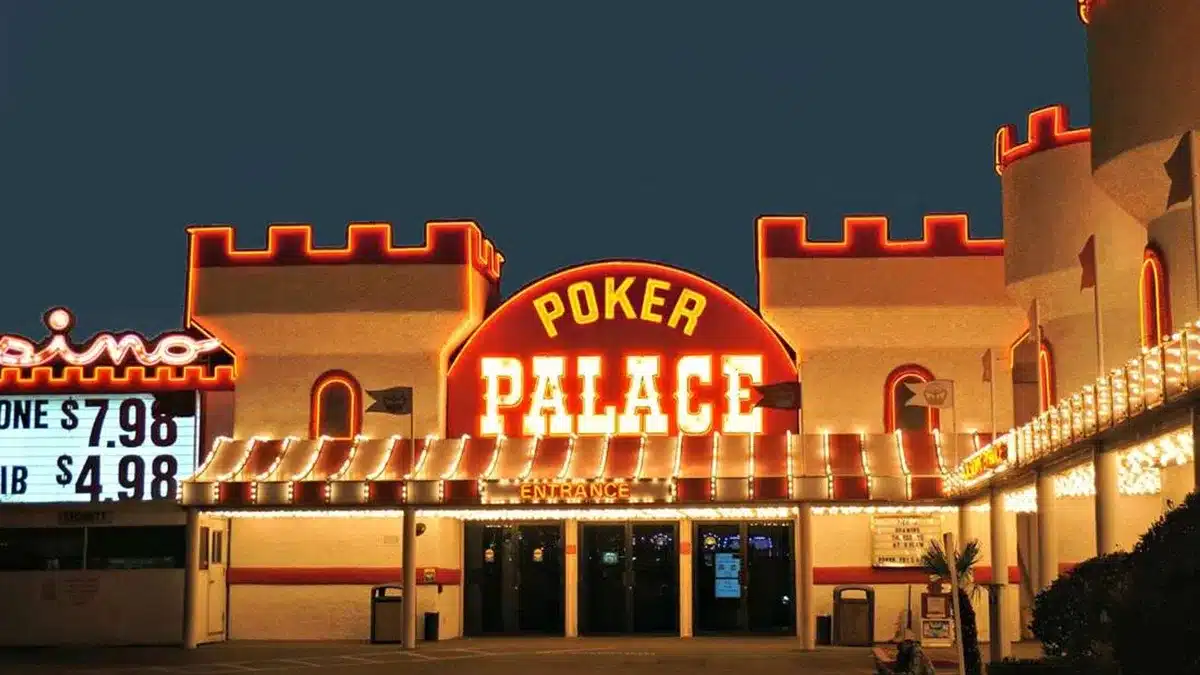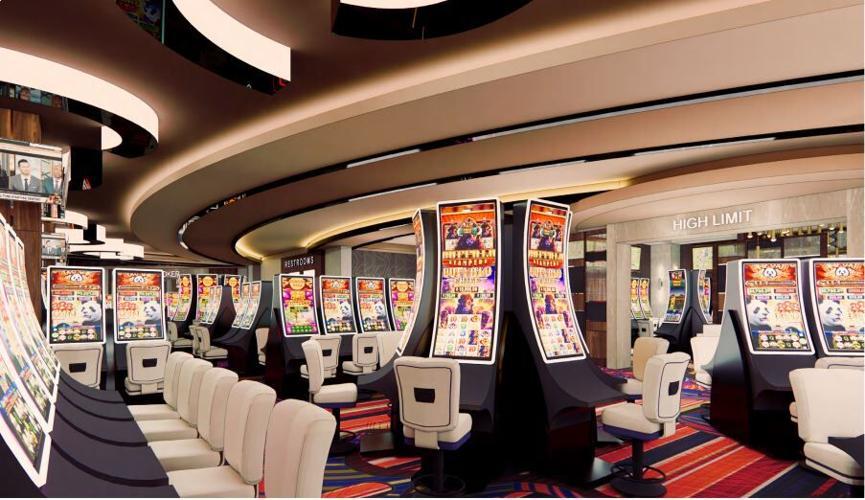
Growth at all costs: when will sportsbook giants focus on profitability?

The sports betting industry in the US is an increasingly competitive space, and operators are looking for ways to rise above the fray. One way that brands find success is by focusing on growth rather than profit. This is evident when looking at the biggest sportsbooks, such as FanDuel and DraftKings. There is no confusion about their approach to the growth versus profit dilemma – they will build the largest audience as quickly as possible and turn their attention to profitability later.
Growth-focused operators are taking a long-term approach to their business rather than looking for short-term gains. By focusing on growth, operators can increase their customer base, expand their offerings and improve customer loyalty. This leads to increased revenue and – they believe – profits in the future. This is demonstrated by FanDuel recording a profitable quarter in Q2 of 2022, with the company having been founded way back in 2009. FanDuel controlled 51% of the share of US market share in this historic quarter, more than double that of its nearest competitor, DraftKings. This is perhaps emblematic of how huge a sportsbook has to be before it finally begins turning a profit.
There are many benefits of focusing on growth. One is that operators can put more resources into marketing, research and development, which can help them create better products and services that attract more customers. Operators can also look for new opportunities to expand their offerings, such as introducing new betting options or offering more live betting options.
While some companies have the infrastructure and resources to play ‘the long game,’ many smaller operators do not. This is when the growth versus profit question becomes more difficult, as companies look to raise their brand recognition and drive their stock up – but in a way that is sustainable and won’t come back to bite them. For instance, MaximBet ceased operations in November 2022 for precisely this reason; it could not keep up operational costs to get the player acquisitions and retention required to compete in the cutthroat US market.
The stock price of an operator should reflect the present value of future cash flows – a dollar today is worth more than the promise of a dollar tomorrow. The discount of a dollar tomorrow versus a dollar today is based largely on prevailing interest rates among other factors. When you look at established companies like Caesars or MGM Resorts, they have relatively predictable performances, so their stock prices are largely determined by their recent performance – how are revenues and margins trending, and what acquisitions and divestitures do they have slated? Then there is the investor outlook on the macro environment for gaming, which could include the client’s overall outlook on the economy.
In contrast to Caesars and MGM, DraftKings sells itself as a high-growth tech company, so investors treat it differently. Its price is still a reflection of the present value of future cash flows, but future cash flows are more uncertain than those of mature and stable businesses, and the prices reflect that – it’s a higher-risk, higher-reward type of investment. The thesis with DraftKings is that it’ll lose money for some time to acquire a loyal customer base, and then it’ll be able to pull marketing back to a level that allows it to be massively profitable with that customer base. Amazon took the same approach, and it also expanded its product offering in much the same way that DraftKings Marketplace added NFTs, in an attempt to provide more reasons for consumers to return to its app.
DraftKings sustained yet another round of exorbitant losses despite high growth in the third quarter of 2022. Even with a resounding 136% increase in revenue growth, the company posted a net loss of $450m – a remarkable amount for a brand that most in the industry would consider ‘successful. ’So will investors stick with the flashy brand that seems ‘too big to fail’ or jump ship if they grow weary of never-ending losses (think Bitcoin and the state of flux many of its crypto-investors are in over its unpredictability)?
Gaming America sat down with two industry experts – The Innovation Group (TIG) SVP of Operations and Data Analytics Brian Wyman and SCCG Management Founder Stephen Crystal, to get their expert opinion on the subject.
“By focusing on growth, operators can increase their customer base, expand their offerings and improve customer loyalty. This leads to increased revenue and – they believe – profits in the future.”
Would most investors have reacted negatively to DraftKings’ Q3 report given high growth but high losses once again?
SC: The construct for gauging public iGaming companies has changed. It used to be that the focus was on revenue growth, and not EBITDA and profit and losses. Around a year ago that calculus changed for investors. Now the focus is on cash burn, cash flow and breaking even. DraftKings, for example, is expected to be EBITDA negative $800m for 2022 and EBITDA negative $500m for 2023 – and cash flow neutral by the end of 2024. So the question for investors is when does positive cash flow occur – not just for DraftKings but for all iGaming companies? Private firms obviously have a longer-term outlook than public ones.
Is the fact that DraftKings has narrowed losses for consecutive quarters a plus point or is it toolittle too late?
SC: It’s not too little too late. The only question for investors now is when cash flow neutrality occurs. The pace at which this occurs matters to investors. The hope now for DraftKings is that this occurs by the end of 2024. If this does occur at the current pace, then its stock will suffer in the public markets. The reason the stock went down in the first place was that investors were not happy with the pace at which cash flow neutrality would occur. Overall, DraftKings is trending in the right direction.
Is a fair comparison a direct one to Caesars Interactive?
SC: Yes and no! Caesars has the ability to use its giant real estate platform to market its interactive customers and DraftKings does not. Because Caesars can utilize non-cash promotions to drive brand awareness – it’s not exactly an apples-to-apples comparison. Also, Caesars Interactive is consolidated into the brick-and-mortar portfolio from a public company perspective. So for those two main reasons, there is no direct comparison.
What about land-based businesses – behemoths like MGM Resorts & Caesars? Howdo they compare as an attractive alternative proposition?
SC: The big difference with these behemoths is that they can promote their interactive businesses to existing brick-and-mortar customers. With iGaming – there is a great correlation, less so with sports. But in the end, products, tools and the intuitiveness of the app will be extremely important and can make a real difference. So it’s not all about the brand – it’s also about the customer experience with the app.
In general, how long does an investor give before needing a return, if it’s a high-growth,fast-paced tech company?
SC: In the public markets, returns are determined by the price at which you bought and the price at which you sell. So timing and circumstance are everything. For private companies, the time horizon is longer and returns are determined based on the starting value versus the value when the company is sold or goes public.
How important are quarterly reports generally; can one bad quarter change the path of an investor or are they generally more long-term focused?
SC: For public companies primarily, we live in a quarter-to-quarter market. Public investors look at quarterly results, and other data like state monthly gaming revenues, and make shorter-term decisions than is the case with private companies where the outlook is much more long-term.
Finally, how much do the above questions vary depending on the profile of the investor?
SC: As mentioned previously, private company investors have a longer horizon and don’t usually review their investments quarterly, whereas public investors will evaluate their stock positions very often. For the iGaming industry, the key metric now is when EBITDA or cash flow neutrality occurs. So the pace still matters!
“The thesis with DraftKings is that it’ll lose money for some time to acquire a loyal customer base, and then it’ll be able to pull marketing back to a level that allows it to be massively profitable with that customer base. Amazon took the same approach.”
____________________________________
Would most investors have reacted negatively to DraftKings’ Q3 report given high growth but high losses once again?
BW: Investors are looking at both growth and margin when evaluating DraftKings. With FanDuel showing profitability, there’s going to be pressure from Wall Street for DraftKings to trend toward profitability. But it’s a highly competitive space, and for the DraftKings thesis to work, they need to consolidate a loyal base of consumers; so continued revenue growth and expansion of the user base are incredibly importantas well.
Is the fact that DraftKings has narrowed losses for consecutive quarters a plus point or is it toolittle too late?
BW: It’s a plus. I think investors want to see margin expansion, and they want to see continued revenue growth. Whether the losses are narrowing fast enough to continue to attract investment is going to be highly dependent on investors’ risk profiles – and their view of DraftKings’ leadership ability to ultimately generate profitable revenue.
Is a fair comparison a direct one to Caesars Interactive?
BW: I think it’s a fair comparison, at least directionally. Their product offerings are slightly different, and their approaches are a little different. Across the space, there is a huge trade-off – some companies are shooting for huge market share by unprofitably growing a consumer base for much longer, while others want short-term profitability at the expense of rapid growth. Caesars Interactive is probably somewhere in the middle of this spectrum.
What about land-based businesses – behemoths like MGM Resorts & Caesars? How do they compare as an attractive alternative proposition?
BW: They are completely different risk profiles, so I don’t think they are very comparable. In general, how long does an investor give before needing a return, if it’s a high-growth, fast-paced tech company? I don’t think there are hard rules for this.
Each business is going to develop a plan to get to profitability and that plan will evolve over time. Investor patience and confidence are highly dependent on how companies keep on track with their plan, and what other options they have for deploying capital at that time.
How important are quarterly reports generally; can one bad quarter change the path of an investor or are they generally more long-term focused?
BW: Quarterly reports are hugely important. For public companies, we only get to see this information a few times a year, so it’s incredibly important to not only see performance metrics but also hear management provide updated guidance on forecasts and timing, etc.
Finally, how much do the above questions vary depending on the profile of the investor?
BW: Investors will make decisions based on their own risk profiles and what their options are for deploying capital. Everything is highly dependent on individual investors.
“Whether the losses are narrowing fast enough to continue to attract investment is going to be highly dependent on investors’ risk profiles – and their view of DraftKings’ leadership ability to ultimately generate profitable revenue.” – Brian Wyman
CONCLUSION
However, Wyman does note that FanDuel being the first US sportsbook to turn a quarterly profit may put a bit more pressure on DraftKings and other operators who heavily focus on customer acquisition. He hints that the lack of progress in cash flow neutrality goals last quarter would have antagonized some investors.
This has not stopped companies such as Fanatics from emerging with maniacal energy and ambitions for the US sportsbook market. Its CEO Michael Rubin has made no qualms about his grand goal to become a market leader of the future, and for Fanatics’ name to be said in the same breath as FanDuel, DraftKings and BetMGM. To complete this gargantuan feat, Fanatics has made many moves and made them fast. It’s recruited a high-profile executive team led by former FanDuel CEO Matt King and former Sky Betting & Gaming executive Andy Wright. The company is reportedly in talks to acquire the German sports betting company Tipico. In 2020, it teamed up with rapper Jay Z and Penn Entertainment’s Barstool Sportsbook to apply for a New York online and mobile sports betting license (which was rejected). Rubin says Fanatics is on a trajectory to be live in 15-20 states by the beginning of the 2023 NFL season.
The old saying goes ‘you have to spend money to make money,’ and the US’ biggest sports operators seemed to have embraced this motto with open arms. However, there are signs that investors are beginning to look at information on quarterly reports other than consistently high revenue streams. Even the gung-ho Rubin insists that his company’s bullish attitude toward the market extends to profitability as well, predicting to make $8bn in the next decade – not in revenue but in profits. But when will DraftKings, Caesars Interactive, BetMGM & co get there?
“Timing and circumstance are everything. For private companies, the time horizon is longer and returns are determined based on the starting value versus the value when the company is sold or goes public.” – Stephen Crystal
Tags/Keywords
Players trust our reporting due to our commitment to unbiased and professional evaluations of the iGaming sector. We track hundreds of platforms and industry updates daily to ensure our news feed and leaderboards reflect the most recent market shifts. With nearly two decades of experience within iGaming, our team provides a wealth of expert knowledge. This long-standing expertise enables us to deliver thorough, reliable news and guidance to our readers.



